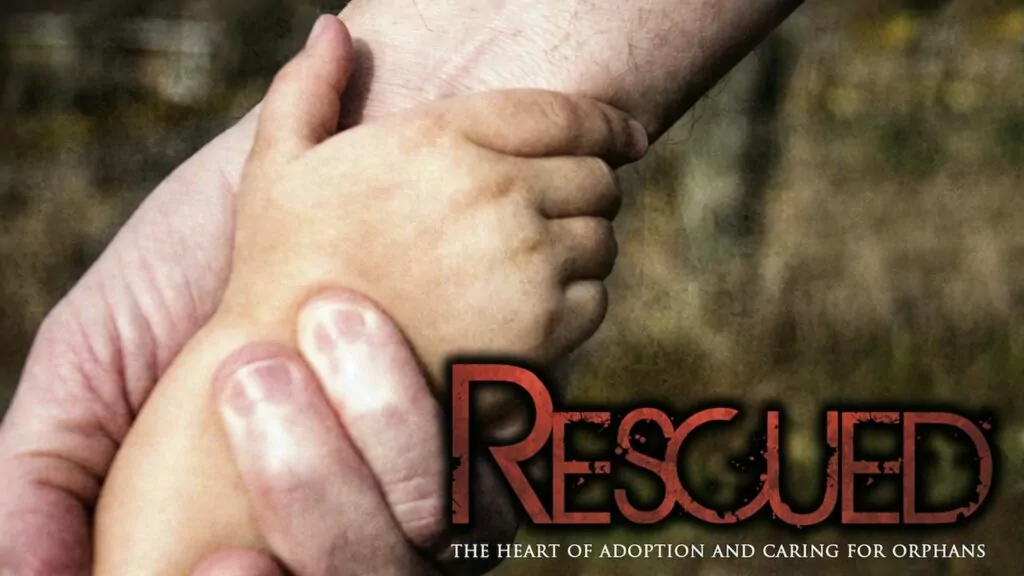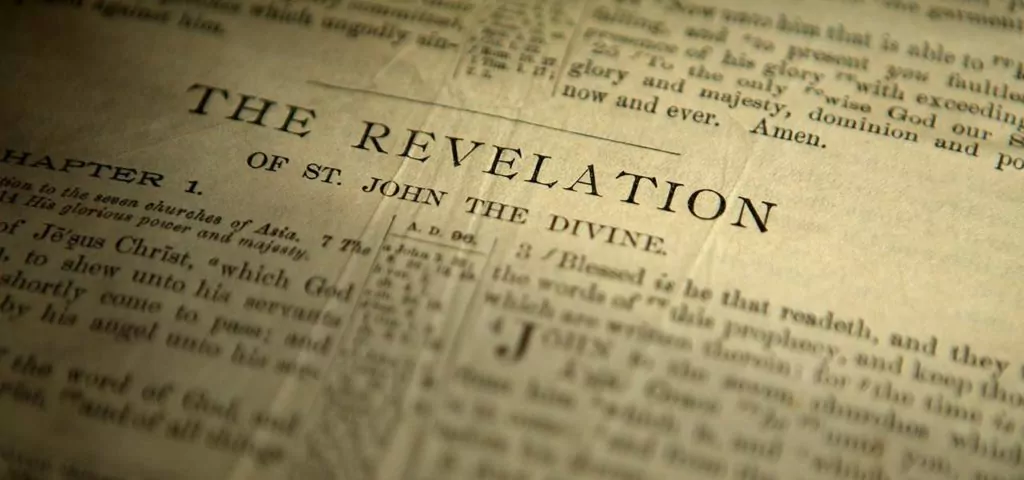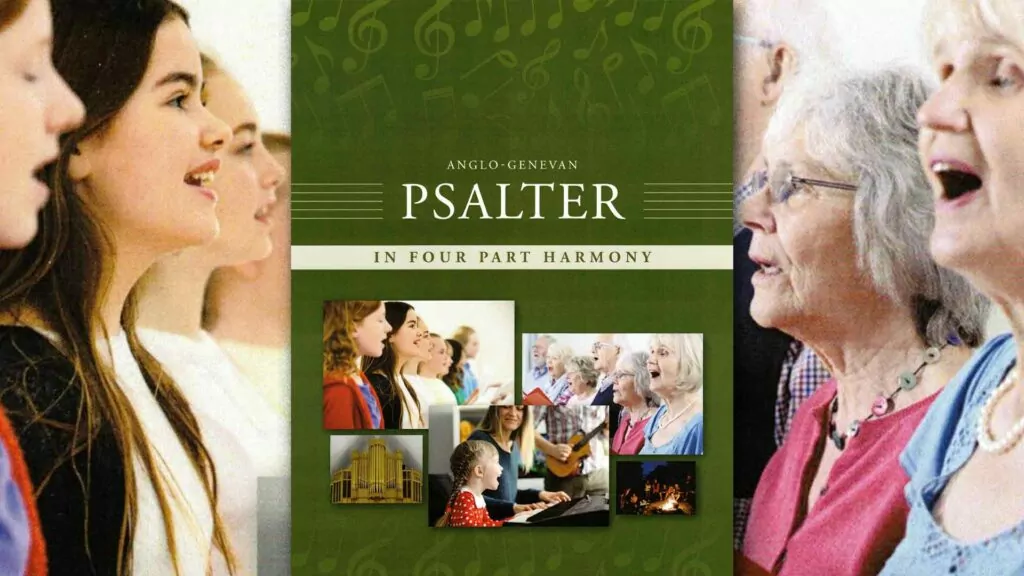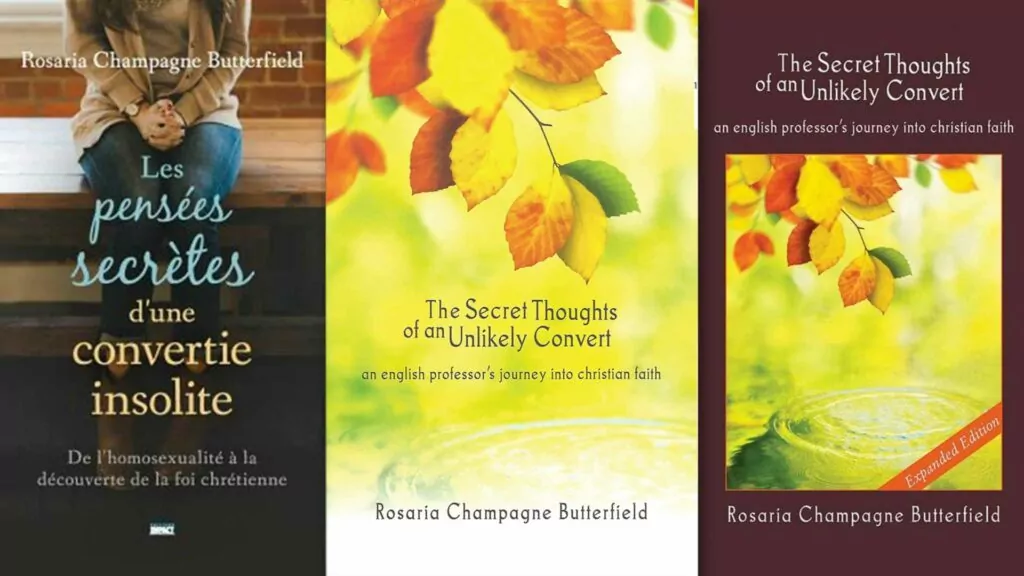
Book Reviews, Graphic novels
Allergic
by Megan Wagner Lloyd
illustrated by Michelle Mee Nutter
240 pages / 2021
Rating: Good/GREAT/Gift
It's Maggie's 10th birthday and she's finally going to get the puppy she's always wanted! Of course, she's ready the moment she's dressed to head out to the animal shelter, but it takes a bit of prodding to get mom and dad out the door. Mom is pregnant and has to get her exercises in, and both her parents are more than a little distracted prepping for the baby's arrival. Maggie wants a puppy in part because she figures her parents are going to be focused on the baby and not her. Her younger twin brothers have each other, and Maggie figures if she has a puppy then she'll have her own best friend and someone who'll always pay attention to her. Those are big expectations for a little pup!
The first plot twist is that, after finding just the puppy she wants, Maggie discovers she's allergic. And not just to this pup but everything with fur or feathers!
Maggie is devastated. And feeling extra lonely.
But she isn't defeated. Not all pets have fur and feathers, so Maggie makes a list and starts investigating options like turtles, hedgehogs, lizards, and even a tarantula. None of them are a good fit.
Just when Maggie is feeling her lowest, a new girl and her dad move in right next door. Claire is just a grade older than Maggie and looking for a best friend – it's a wonderful match!
Second plot twist: Claire gets a dog not realizing that means Maggie can't come to her house anymore.
It's quite the rollercoaster ride for Maggie, with another big up and down to follow soon after, but thankfully it does end on a high happy note.
Cautions
There are a few cautions, mostly minor, with maybe the most notable simply that at one point Maggie sneaks a mouse and cage into her room without her parents knowing. Going behind your parents' backs isn't behavior we wanted modelled for our kids, but I'll add that Maggie gets her comeuppance. She thinks she knows better than her parents about what's good for her, but as the itching gets worse and worse, she discovers her parents really do know best.
Language concerns amount to five instances of "OMIGOSH."
Other considerations: the mom does yoga, but that pops up once, for a of couple pages, and then is over – the spiritual element isn't really hit on – and it's mentioned that the next-door neighbor's parents are divorced, but we're never told why.
Another caution concerns the impact Maggie's disappointment might have on sympathetic young pet lovers. I'm sure this will get some sensitive souls crying on Maggie's behalf.
Conclusion
There are a number of pluses for this book, including the general education it offers on allergies. Maggie meets a boy at school who has his own food allergies, and we follow along as she gets her desensitization shots. As more and more kids these days seem to be getting various allergies, this is a book to show them that they are not alone in their struggles. And it can also clue classmates in on how hard those struggles might be.
The reason I might buy this for my own kids (even though it is available at the library) is because a lot of kids' fiction today is about angst – about how no one else in the world understands them. That's something to watch out for because it reinforces an idea that's common enough, but isolating. What kid is going to turn to their mom or dad if they think their parents just don't get it? What I really liked about Allergic is that the parents, even when they are distracted and busy, aren't just written off as irrelevant. Maggie thinks no one is paying attention to her and that she's all on her own, but she learns that she's actually got it wrong. I'd say that's the moral to this story, but I'll also add that this point might evade many a young reader. But this is such an engaging story that I think you can count on your kids eventually getting it, because they're going to read this one again and again.






























